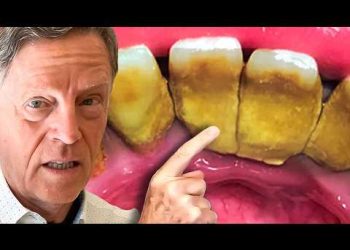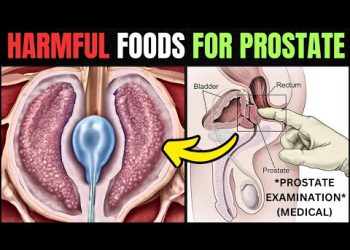Achieving Rapid Fat Loss: An Overview
When it comes to losing fat quickly, it’s essential to understand the balance between effectiveness and safety. Dr. Layne Norton and Dr. Andrew Huberman, both experts in the fields of nutrition and neuroscience, delve into strategies that promote fast fat loss without compromising health. In this blog post, we’ll explore key takeaways from their discussion.
The Importance of Caloric Deficit
One of the cornerstones of fat loss is maintaining a caloric deficit. This means consuming fewer calories than your body burns. It sounds simple, but executing it correctly requires careful planning. Dr. Norton emphasizes the need for a gradual reduction in caloric intake to ensure sustainable weight loss and prevent muscle loss.
Strategic Meal Planning
Meal planning plays a crucial role in achieving rapid fat loss. By preparing your meals ahead of time, you can control portion sizes and ensure nutritional balance. Dr. Norton suggests focusing on whole foods, rich in nutrients, while minimizing processed foods and sugar. This approach not only aids in weight loss but also supports general health.
The Role of Protein in Fat Loss
Dr. Huberman highlights the importance of protein in a fat loss diet. Protein promotes satiety, reduces cravings, and helps preserve lean muscle mass during caloric restriction. Including ample amounts of high-quality protein sources such as chicken, fish, and plant-based options can significantly aid in maintaining a caloric deficit without feeling deprived.
Incorporating Strength Training
Exercise is a critical component of any fat loss strategy, with strength training being particularly effective. By increasing muscle mass, strength training can enhance metabolic rate, making the body more efficient at burning calories. Dr. Norton suggests incorporating a mix of compound movements like squats and deadlifts for optimal results.
Understanding Metabolic Adaptation
The human body is adept at adapting to changes in energy intake, often slowing down to conserve energy. This phenomenon, known as metabolic adaptation, can hinder fat loss efforts. Dr. Norton stresses the importance of monitoring progress and adjusting strategies to keep the metabolism working at its best.
The Impact of Sleep on Fat Loss
Quality sleep is often overlooked in fat loss discussions, yet it plays a pivotal role. According to Dr. Huberman, poor sleep can disrupt hormones that regulate hunger and appetite, leading to overeating. Prioritizing sleep helps maintain hormonal balance, thus supporting your fat loss goals.
Intermittent Fasting for Fat Loss
Intermittent fasting is a popular method that can accelerate fat loss by cycling between periods of eating and fasting. Dr. Norton emphasizes that while it can be effective, it’s essential to ensure that nutrient intake remains sufficient during feeding windows to preserve health and muscle mass.
Staying Hydrated
Hydration is key to optimal body function and effective fat loss. Adequate water intake aids in digestion, metabolism, and the removal of waste products. Dr. Huberman advises drinking water throughout the day and being mindful of electrolyte balance, especially during intense exercise or fasting periods.
Maintaining a Positive Mindset
Finally, maintaining a positive mindset is vital for any fat loss journey. Dr. Norton and Dr. Huberman highlight the importance of setting realistic goals, celebrating small victories, and not being overly critical. This mental resilience ensures you stay committed to your plan and achieve sustainable results.











